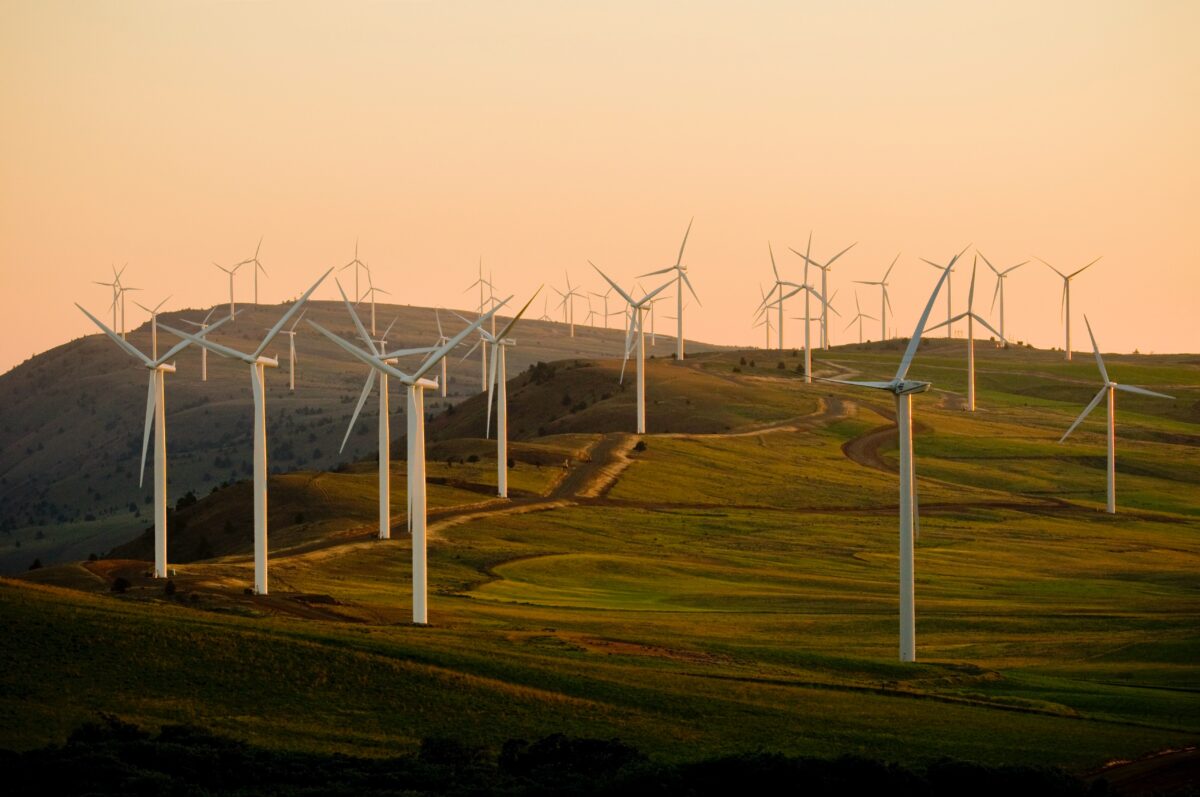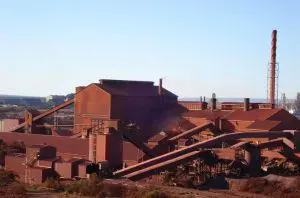The Clean Energy Council has warned that US President Joe Biden’s massive renewables spend is diverting investment away from Australia, and damaging its prospects of becoming a renewable superpower.
The US recently introduced the Inflation Reduction Act, a package of policies and incentives targeting US$369 billion (AUD $520 billion) of clean energy and climate change initiatives.
That might seem a positive step – and it certainly is for the global climate crisis – but Clean Energy Council Chief Executive Kane Thornton says Australia faces losing thousands of jobs and international investment to the US.
“Australia has a prime opportunity to become a clean energy superpower, but the brightest minds and the biggest wallets are now looking to the US for their best opportunity,” says Thornton.
“It is immediately clear the US package dwarfs the level of support Australian governments provide for the clean energy transition. The consequences of inaction have the potential to damage Australian competitiveness across all industries for decades to come.”
Thornton says Australia would need to invest further in a robust renewable economy in order to compete.
He is not the first person to warn about the impact of the IRA on investment in Australia, with iron ore billionaire Andrew Forrest’s Fortescue Future Industries also noting the US leg-up in cheap green hydrogen and other technologies.
“Taking the next step in Australia’s clean energy transformation requires even stronger action and support for the industry,” Thornton says.
The Federal Government has requested a detailed analysis from former chief scientist Dr Alan Finkel of the implications of the Inflation Reduction Act on Australia’s economy. Now, the Clean Energy Council is applying pressure to the Federal Government to take strong steps in the May Budget.
“Vast economic packages that prioritise the build-out of renewable energy and storage are exactly what’s needed to decarbonise the planet,” says Thornton.
“Australia is at risk of being left behind without a significant commitment in the May Budget. This has the potential to harm all export industries. A world-leading supply of clean, affordable energy is a competitive advantage for any industry that competes in the global market.”
And the Clean Energy Council is concerned that Australia may end up haemorrhaging talent as well as investment.
According to Ryan Carroll, Regional Director of Airswift, a provider of workforce solutions for STEM industries, Australia is not the first choice for renewable energy talent.
“The brightest talent and biggest brains will always gravitate to the best opportunities. In renewable energy, Australia has the potential to lead the world, but the race to realise and capitalise on the opportunities is on and the US Government has made its intent clear,” Carroll says.
“The Global Energy Talent Index highlights that Australia’s position as a destination for renewable energy talent lags behind Europe and North America.
“The government should learn from Joe Biden and use the May Budget to promote investment and entrepreneurship. This will signal to the top energy minds that Australia is the place for career progression and innovative projects.”










